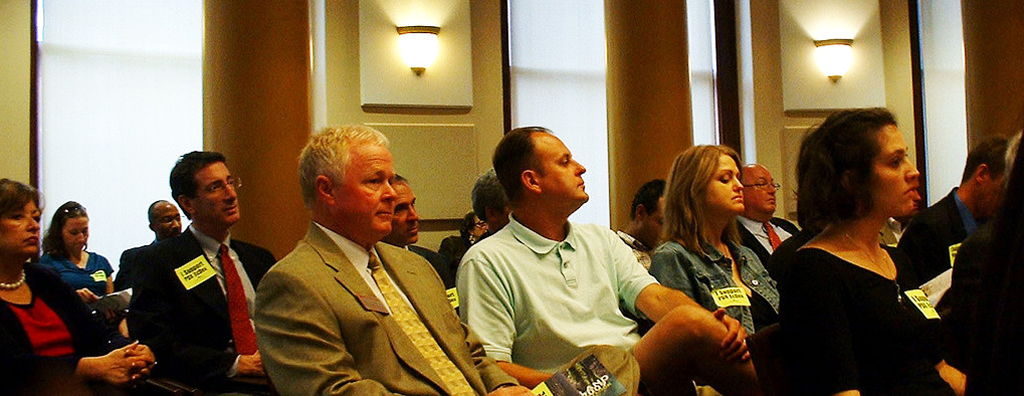
Testimony, Portland City Council
The Climate Trust was asked to provide testimony to the Portland City Council addressing City Resolution 689 that supports climate bonds to finance climate mitigation and adaptation; Testimony occurred while the 2015 City of Portland/Multnomah County Climate Action Plan was under consideration.
The following letter is a summary of executive director, Sean Penrith’s testimony on behalf of The Climate Trust.
Portland City Council
City Hall, Council Chambers
1221 SW 4th Ave. Portland Oregon 97204
Good afternoon Mayor Hales and Commissioners,
Portland firms have historically done well by being early adopters of high-performance and low-carbon
products and services, but to continue to profit and advance, they need supportive public policy. Portland’s leadership has tangible value—real dollars—but only if we maintain our leadership advantage.
Addressing climate change in Portland’s Climate Action plan delivers a tremendous business opportunity for the City. One emerging element that can be harnessed is the growth in green bond financing to develop a low carbon economy.
Green bonds are ideally suited to fund the long-term environmental infrastructure, like energy efficiency, transit options, electric vehicle infrastructure, smart grid, green spaces, anaerobic digesters, and both rural and urban forestry. These are all elements needed to develop an equitable low-carbon economy. Climate bonds typically mature in the five to ten year range, which perfectly matches the timeframe it takes to develop such projects.
Climate bonds could be issued each year up to a level of $0.5 trillion for the next 20 years and still not exhaust the demand from the global market. The green bond market is estimated to reach a value of $100 billion in 2015– up from $36 billion in 2014.1 The majority of issued green bonds has been oversubscribed and often re-up the issuance value. The strong demand from institutions, insurance, and pension plan sectors currently finds a lack of investable bond product; this is a real opportunity for bond issuers such as the City of Portland.
We can join the efforts of four other US states that have issued green bonds just in the first quarter of this year. Washington (Tacoma), Massachusetts, Arizona and Indiana all issued green municipal bonds and used the proceeds to fund a wide range of projects that included clean water, wind, and low-carbon buildings. US Muni bonds are currently the fastest growing sector according to JP Morgan. Now is the time to act.
Just this week, The City of Gothenburg in Sweden has issued its third green bond. The municipality has sold $128 million of green notes with a tenor of six years and a coupon of 1.455%. This bond was heavily oversubscribed and proceeds will target renewable energy, biofuel from forest waste, energy efficiency and smart grids.
Securing low cost bond finance offers the City a tremendous opportunity to fund innovation in the clean tech and low carbon space that will provide benefits to the City and its residents for decades.
The climate bond resolution by the City will enable Portland to attract low cost institutional capital to finance our vital low carbon economy.